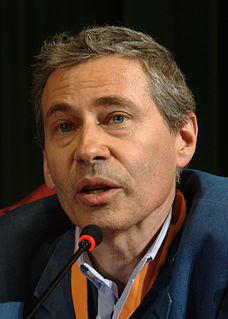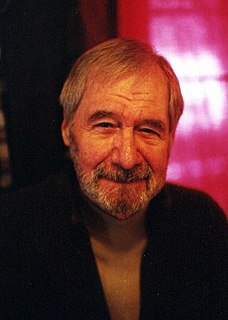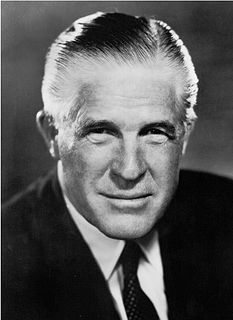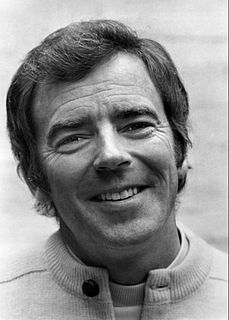A Quote by Bill Bradley
I think the political process has degenerated into name-calling and extremism, and I think that that's unfortunate.
Quote Topics
Related Quotes
I don't think people have fully processed how deeply television has changed the political process in our own world. Political parties have become vestiges of what they were and individuals with large amounts of money can leapfrog over that process, which can have a positive mediating effect. And so I think there are things to worry about.
It is possible to work across the aisle in Washington, but it's hard. And I think it's been made worse by the kind of 24-hour news cycle, the fact that everything is on TV before you can work things out quietly. I think it's the intensity of information that makes it feel more difficult to get things done. But I didn't leave with a bitter taste about the politics. The one thing that I would say is, I do think there is an unfortunate tendency to turn political differences, or policy differences, into critiques of one another's character or motives, and that's unfortunate.
For all the talk about the bitterness and the partisanship in American politics, is it really that bitter and partisan? Think of American history. Think of Joseph McCarthy. Think of the New Left. Think of [George] McGovern. Think of [Ronald] Reagan. Think of George Wallace. We've had an awful lot of real extremism on both wings.
I think the only way one can really determine whether extremism in the defense of liberty is justified, is not to approach it as an american or a european or an African or an Asian, but as a human being. If we look upon it as different types, immediately we begin to think in terms of extremism being good for one and bad for another, or bad for one and good for another. But if we look upon it, if we look upon ourselves as human beings, I doubt that anyone will deny that extremism in defense of liberty, the liberty of any human being, is no vice.
You put these politicians in office, but then you've got to tell them what you want them to do. And it's intimidating to most people. I was intimidated by it. I mean, calling my senator or writing my senator? I'm like, what do I say? What do I do? But we're showing people that the political process is actually less intimidating than we think.
Calling has this weight that somehow we think that your calling is fixed. That your calling is this line that you’ve finally found and now you're on that track and that’s what you’re gonna do forever and maybe that's the case. But I feel like calling has much more to to do with the moment that you’re in.


































